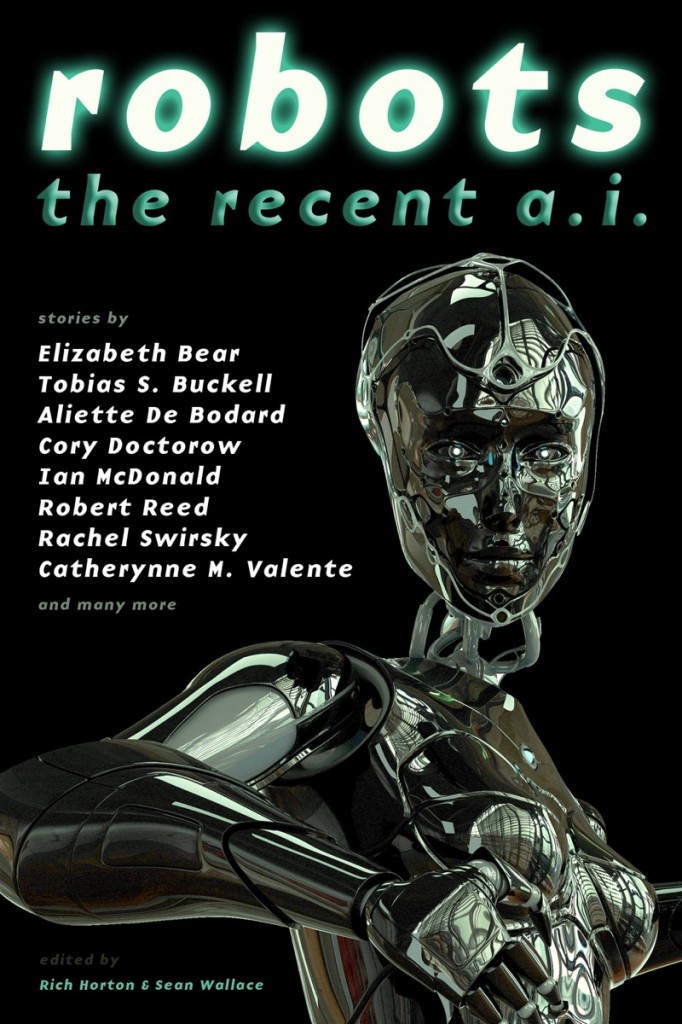
Identity politics is always tricky, but I really don't understand what the big deal is. Author K. Tempest Bradford has thrown down the gauntlet: "What if I only read stories by a certain type of author? Instead of reading everything, I would only look at stories by women or people of color or LGBT writers. Essentially: no straight, cis, white males." She's challenged people to read other voices for a year.
In the past, I've done personal challenges (though I'd never call them challenges, just more like personal goals) similar to this. Never before for a year. And never before exclusively. I'm even in one right now. I've been trying to read mostly female crime fiction writers. Just finished Megan Abbott's Die a Little and am starting Ruth Rendell's Live Flesh. (If people have recs, please leave a comment.)
I totally get the part that people feel about discriminating against one group. But there's definitely an argument that the group she and supporters are targeting is the dominant and over-represented group, so therefore, it's pretty much impossible to effectively discriminate against. And let's be real, this challenge will do nothing to Jonathan Franzen's book sales. But even more to the point, so what? If she wrote it different and said, "Hey, I read no straight, cis, white males for a year and this is what I found..." then would anyone care? Is it the fact that she's trying to enlist others? Is she even though? It's a challenge, you don't have to accept it. If I went for a two year masters in black studies and only read black authors for a year, would you give a shit? And if at a party I said to you, "Hey, you should get a master's in black studies and only read black authors for two years. Heck everyone should!" would that be me enlisting others for discrimination? No. I don't think so.
I've seen some object to the slashed through Neil Gaiman book (to which he responds: "For anyone hoping for outrage, I think that @tinytempest's article at [link] is great, & don't mind being the posterbook"),as if it that means that she's going to go out and start burning books, starting with American Gods (which, if that's true, I have some matches; I kid!). And there's some unfortunate click-baity stuff even on the website, making it sound like she's calling for a boycott. But really, it's a challenge. Not a judgment or a policy. She's not calling for the banning of a type of author. She's saying, hey, try it, see what happens. And as any non state sponsored challenge that is not overseen by any board, judges, or referees, you're free to interpret the rules how you see fit. You can only read QUILTBAG authors. Or only transgendered. Or only black. I wonder if that's it, that the language she uses in the article sounds discriminatory: I'm not going to read X group. I wonder if she reworded it: Hey, I'm only going to read QUILTBAG black and Asian writers for a year, and I challenge you to do the same.
She includes a list of authors which is great and the most value for this kind of challenge (although Umberto Eco's The Name of the Rose is on there, and he's a married and Italian, which I guess doesn't count as a white European and that book is not exactly underrepresented, seeing as how it's been adapted into a movie starring Sean Connery as well as a stage play, a video game, etc.). See, I've done this before, and found under appreciated voices and books. I've gone through stages of only Scottish Authors, only Horror Authors, only Female Authors, only Non-Fiction, which has forced me to seek out authors I wouldn't have stumbled upon. And that's where I agree with her the most. Often times I've looked for a subset group to seek out and then you go to the bookstore and you realize: Hey, these authors aren't that easy to find. At the end of every aisle is Franzen or or the Hunger Games or J.K. Rowling or George R.R Martin or J.R.R. Tolkien or some other R.R. or whatever hot author popular author they are shoving in your face (unless it's Green Apple Books!). Then you have to remind yourself, no, I'm not here to read a Sue Grafton mystery, I'm here to find discourses on Edwardian lesbian poetry.
I mentioned this to Eileen Gunn, about how if anything, this would be a great resource for making participants go and seek out other voices, and she pointed me to the Carl Brandon Society's resource reading list, which taking one look at is a great place to start, especially for black writers and for Native American writers, an extremely under represented group.
Finally, she's only talking about a year. She's not calling for a lifetime ban. It's a challenge and an experiment. Hell, I'd love it if some right-wing Analog-writer Sad Puppy Award thumping author did this challenge and wrote about it. Even if at the end of the year they say: "Learned nothing! Waste of time!" But mostly I've seen them bitching and crying discrimination on the webs. White men crying about "not being included," even though the challenge is open to all. But often it's the hegemony that cries out the most when it's not invited to the part... even when it is.
(After saying all that, I'm not going to be doing this anytime soon [maybe midway through 2015, but probably not until 2016], because of my backlog:
.jpg) |
| And this doesn't even include my Kindle reading list. |
But in the meantime, I'll be putting together a killer reading list.)







